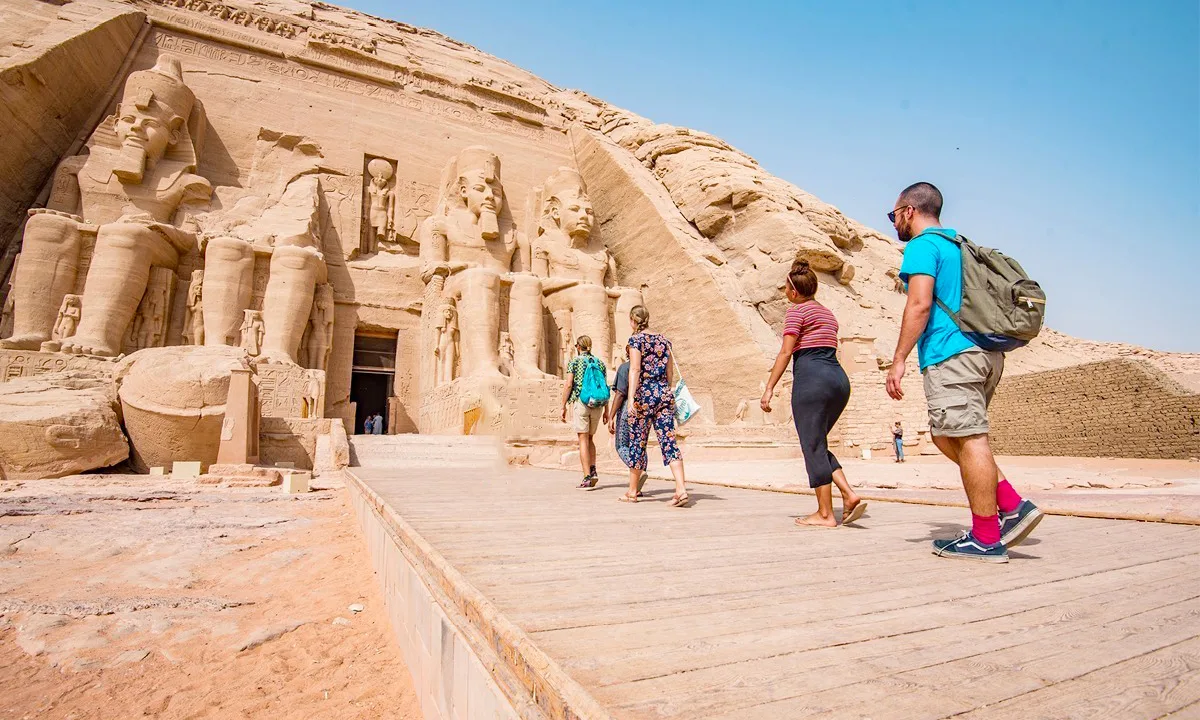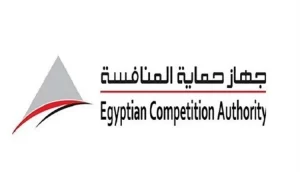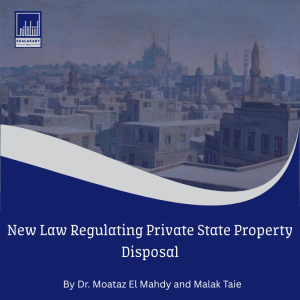With the Egyptian government being keen to achieve high competitiveness in the international tourism markets as part of its general direction to develop and stimulate investment, a number of new tourism legislations have been introduced. Their aims are to repeal old practices by reshaping and improving the licensing process and governmental operations within this sector.
On 26 February, Decree No. 43 for 2022 (the “Decree”) has been issued by the Minister of Antiquities and Tourism, and law No. 8 for 2022 (the “New Tourism Law”) has been enacted on 6 March 2022. The former aimed at making hotels meet internet speed standards and the latter repealed laws No. 1 for 1973 and No. 1 for 1992 (the “Old Tourism Laws”) and sets up new operation and license requirements.
We shall delve into the key highlights of the Decree and the New Tourism Law as follows:
Key highlights of the Decree
The Decree sheds lights on three types of hotels based on their ranking: five-star hotels, four-star hotels, and three-star hotels. It sets the minimum internet speed threshold that each type of hotel should implement ranging from 1 Megabyte/second per room with a minimum of 100 Megabytes to 50 Megabytes/second per each facility with a capacity of 100 rooms.
Key highlights of the New Tourism Law
(i) Licensing
Hotels licenses may include one or more types of licenses for their touristic facilities and auxiliaries.
The New Tourism Law details, in brief, the steps to be followed in order to obtain the license whereby (1) a form must be filled and submitted by the applicant in accordance with the criteria determined in the executive regulations; (2) the applicant will be informed of the general requirements that must be met by the facility subject to the license; (3) within one week of obtaining knowledge of such requirements, a fee ranging from EGP 500 to EGP 100,000 must be paid; and (4) a reasoned decision shall be issued within 30 days following the submission of the license request.
Offering services such as serving alcohol, shisha and gambling, is subject to a special license from the Ministry of Antiquities and Tourism.
(ii) Security and Public Order
In a move aimed at guaranteeing national security interests, the New Tourism Law requires hotels and touristic establishments to put in place internal and external surveillance cameras to monitor their facilities. Moreover, they are obliged to provide the competent authority, at the beginning of each month, with a sheet containing the details of their guests during the previous month.
The Prime Minister may restrict the geographical scope of a certain touristic area for one renewable year and prohibit the establishment or the expansion of touristic facilities therein.
(iv) Sanctions for Non-Compliance
Undertaking tourism-related activities without acquiring the required license is punishable by a fine of not less than EGP 50,000 and not exceeding EGP 500,000.
Failing to provide the competent authority with a sheet containing all the information of the guests is punishable by imprisonment for a period not exceeding 6 months and/or a fine not less than EGP 5,000 and not exceeding EGP 50,000.
Hotels or any touristic establishment may be closed by the competent authority if they do not abide by the provisions of the New Tourism law or pose a threat to security, public health, morals and public order.
Hotels or any touristic establishment may see their license revoked if, for instance, they harm the country’s touristic reputation.
Market Reaction
The Decree reflects the Egyptian government’s keenness to improve the quality in touristic facilities, especially in Sharm Al-Sheikh, as the city is preparing to host the 27th Conference of the Parties to the United Nations Convention on Climate Change (COP27).
The Deputy Minister of Antiquities and Tourism, Mr. Abdelfattah Al Asy said that the New Tourism Law aims at boosting and stimulating investments in the tourism sector as well as cope with new developments.
Seeing as the tourism sector is highly regarded as a marker of the Egyptian economy, the Ministry of Antiquities and Tourism started preparing the executive regulations of the New Tourism Law implement the new adopted procedures and practices.



